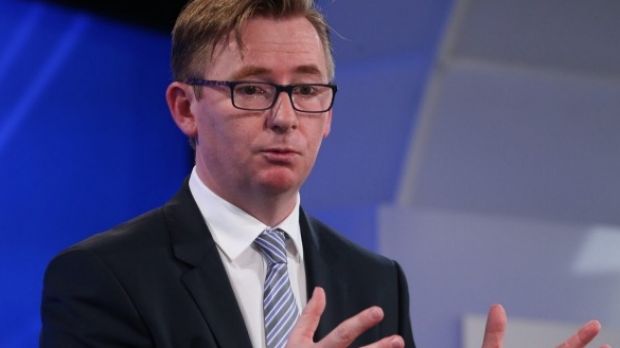
Hospitals are limiting surgery hours and forcing patients to wait longer for elective procedures as an “economic disaster” looms for them, doctors have warned.
The Australian Medical Association is calling for an urgent injection of funds for public hospitals, which will come under increased pressure from next year when annual funding increases that had been promised are severed.
The call comes as hospitals in western Sydney and rural NSW claim they are at breaking point.
Nurses at Wagga Wagga Hospital have said they will have to suspend elective surgery unless the state government closes beds that have not been funded.
Emergency physicians at Nepean Hospital told the ABC they were treating patients in chairs because there were not enough beds and people in the emergency room were waiting eight hours to see a doctor.
The doctors’ lobby group is ramping up its rhetoric on hospital funding ahead of the May budget, warning that the full implications of the 2014 budget, when $57 billion was ripped out of health, were yet to be felt.
AMA president Brian Owler said patients with life-threatening conditions such as cancer would wait longer for surgery, while emergency departments would struggle to treat half their sickest patients within 30 minutes.
Already 32 per cent of patients were waiting longer than that to be seen by a doctor.
“That’s not just a matter of inconvenience,” Professor Owler said.
“That’s a matter of increasing their complications because we know that if you have … patients waiting too long in emergency departments that translates to poorer outcomes.”
A good case had been made to raise a tax that was hypothecated for health by increasing the Medicare levy or the GST, Professor Owler said.
But the year-on-year increases promised by the federal government were not enough to keep up with the cost of health, with the demands of an ageing population and advanced technology pushing rises to at least 5 per cent a year.
“Now the only alternative for state and territory governments is to look at the services they provide and start to rationalise the services,” Professor Owler said.
“That means they have to look at what outpatient clinics, for instance, they run. Do they invest in extra education programs? Do they say, look we’re not going to offer that service anymore? Do they cut their operating list so they finish at 3 o’clock instead of 6 o’clock? Some hospitals already do.
“The rubber starts to hit the road from next year.”
Health Minister Sussan Ley said she had acknowledged many times the challenges facing the health system.
“I have also said just pouring more money in, day after day, year after year, without complementary reform, won’t necessarily deliver the improved outcomes that we want,” Ms Ley said.
“What the Turnbull government is doing is implementing measures to ensure public hospital funding is both sustainable and affordable well into the future.
“Short term, funding for public hospitals is increasing by around 21.5 per cent, or $3.3 billion, over the next four years.
“Longer term, we are working constructively with the states and territories to develop a series of health system reforms based on the Reform of the Federation white paper.”
Wagga Wagga Hospital nurses have given their local health district until Tuesday to respond to their demand to close down beds that have not been funded.
The state-of-the-art hospital officially opened in December, but nurses say they have been working overtime because more beds have been opened than the hospital is staffed to attend.
“Nurses are being forced to work ridiculous amounts of overtime, ambulances are being held up, patients at times have been in resuscitation beds that aren’t available for resuscitation,” Nurses Association lead organiser Linda Griffiths said.
“It puts everybody in a very awkward, desperate situation.”
